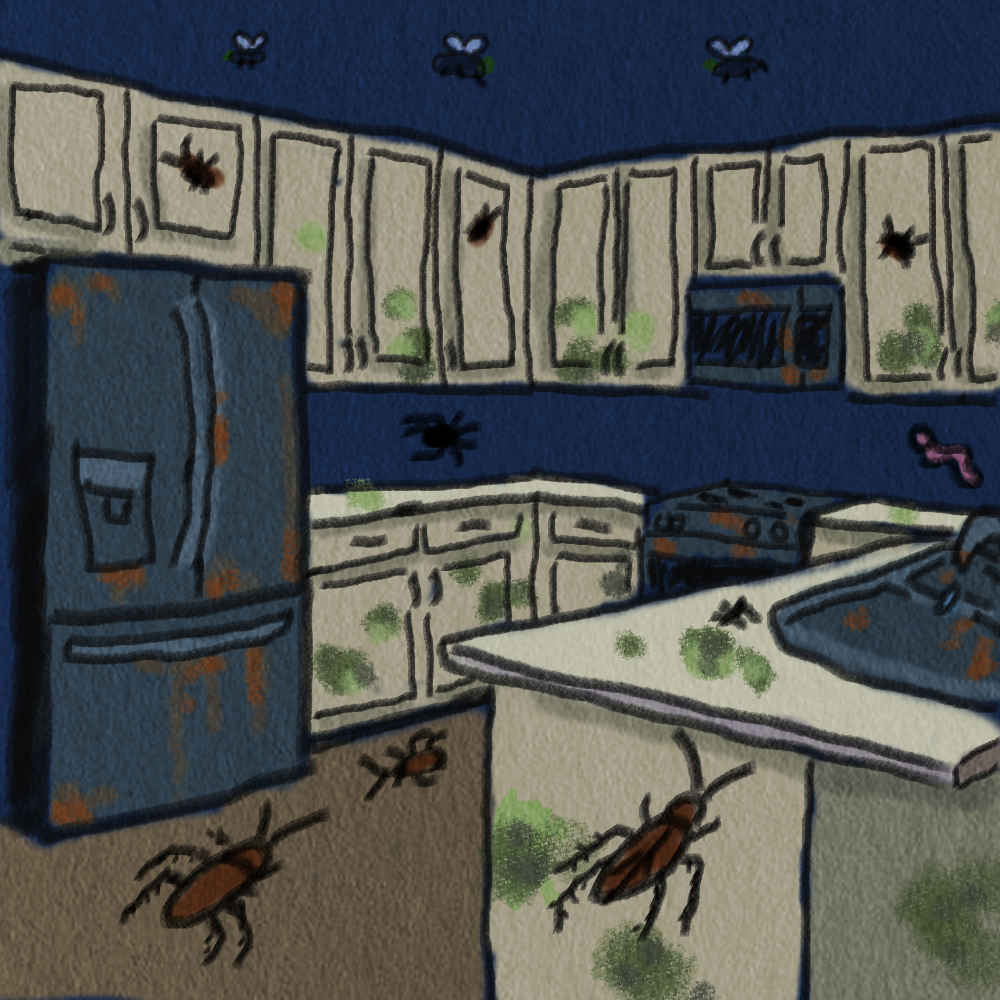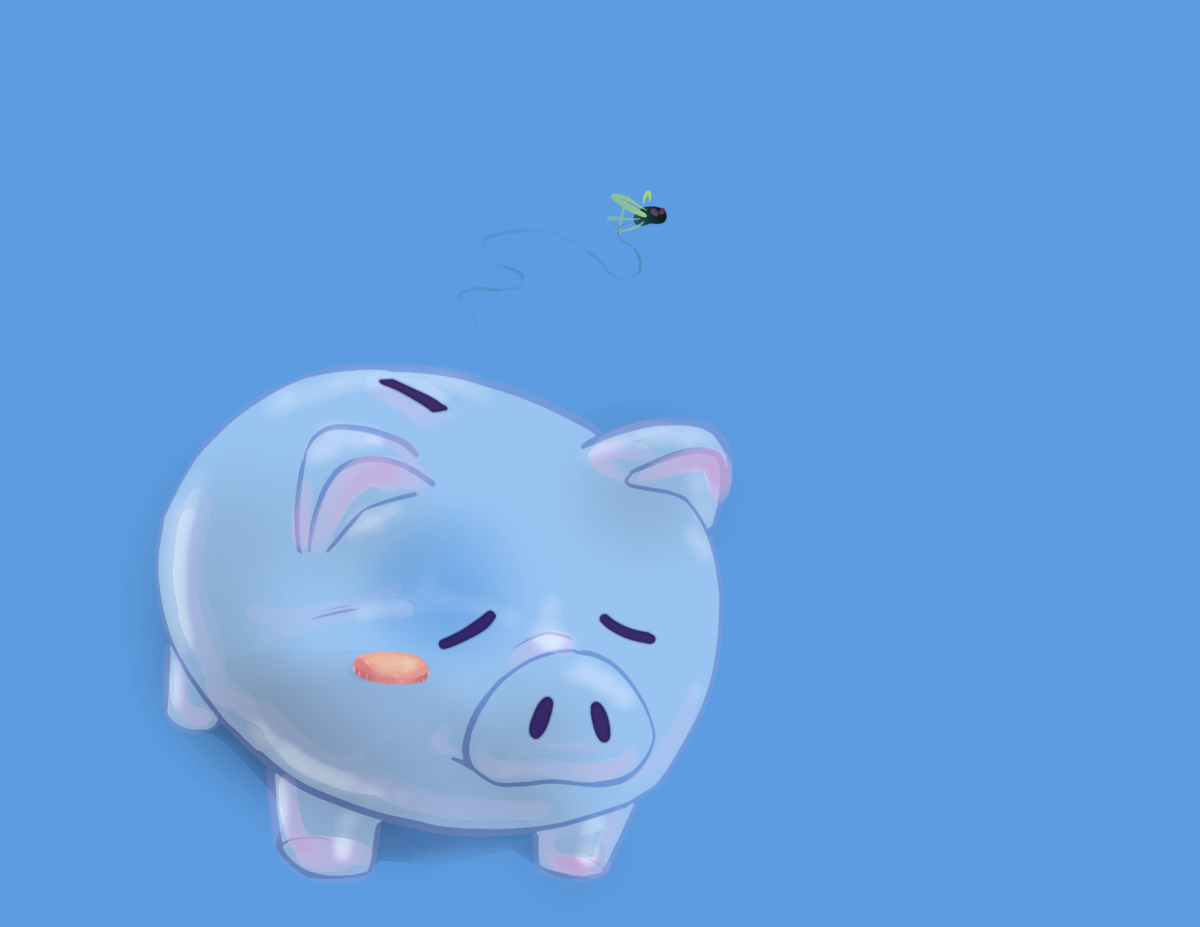Renting your first apartment or house can be difficult, especially if you’ve never had to deal with a landlord or a lease before. Sometimes you can end up in bad situations like an apartment with mold or a cockroach infestation. Here’s The Daily Texan’s guide on how to avoid a bad apartment and what to do if you end up in a nightmare situation.
Finding a good apartment for you
First things first, consider what is most important to you in an apartment. What’s your budget? Are you OK with a commute to campus? Do you already have a roommate? Having a list of things you want and a list of things you need can be a good place to start.
Sometimes it can be helpful to work with a leasing agent. Housing Scout is a leasing agency that focuses on helping students in Austin find housing near the University. Housing Scout leasing agent Juliet Janet said companies like hers help students find housing more easily, especially if you’re still looking for this upcoming fall.
“If anyone is still looking right now,” Janet said, “You don’t have time to wait for someone from Zillow to respond. You need a locator to make it 100 times quicker.”
Janet said going to an apartment locator can help make the process faster and easier because they have access to updated availability and programs that help you find apartments that meet all your criteria.
“I say you need to have your preference beforehand, but a lot of times this is the first time on your own,” Janet said. “So, you can also come to us like ‘Tell me what do I want, what am I looking for.’”
Before you sign
Often, buildings have a furnished, decorated and cleaned model unit that they show to prospective renters. Make sure you lay eyes on your own unit either in person or via a virtual walkthrough so you can ensure it aligns with what the building promised you.
Once you receive your lease, associate real estate attorney Harry Jung recommends reading the whole contract.
“You just need to understand your rights but at the same time understand everything that’s asked of you,” Jung said.
Janet said because leases are legally binding, go with your gut on whether or not to sign.
“Any hesitation, don’t sign that contract,” Janet said.
If you need to get out of the lease
No matter what you do beforehand, sometimes there are unforeseen circumstances and you have to get out of the lease early.
Jung said he first recommends reading your lease to figure out what rights are outlined in the contract. Next, he said to go to your landlord and try to figure out a solution.
“Landlords are people, too, they understand,” Jung said. “You know, sometimes they don’t, but a lot of times they understand.”
Jung said there’s a concept called rent abatement. If you bring up a problem to your landlord that’ll take a while to fix, you can ask to not have to pay rent for that period of time.
In very extreme situations, you might need to get a lawyer involved, but Jung said it’s only worth your time and money if the landlord blatantly violates the terms of your lease.
“Before you go all out and say ‘we’re done, we’re out, we’re getting out of this, we’ll see you in court,’ make sure you got somewhere else other than a park bench to sleep,” Jung said.
Hopefully, this guide provides you with the tools and resources to avoid a sticky situation this fall. If worst comes to worst, run to H-E-B for a big can of Raid.














